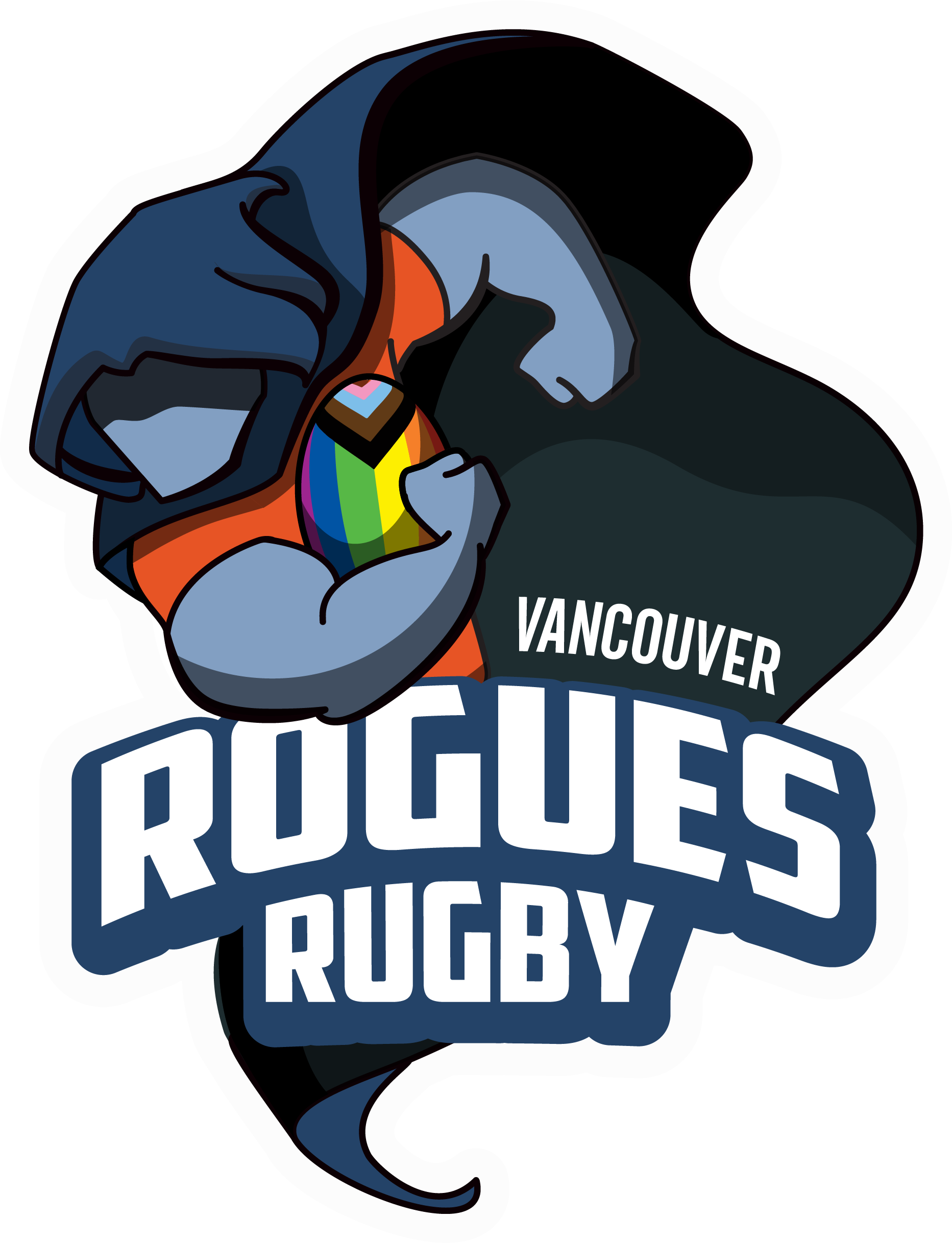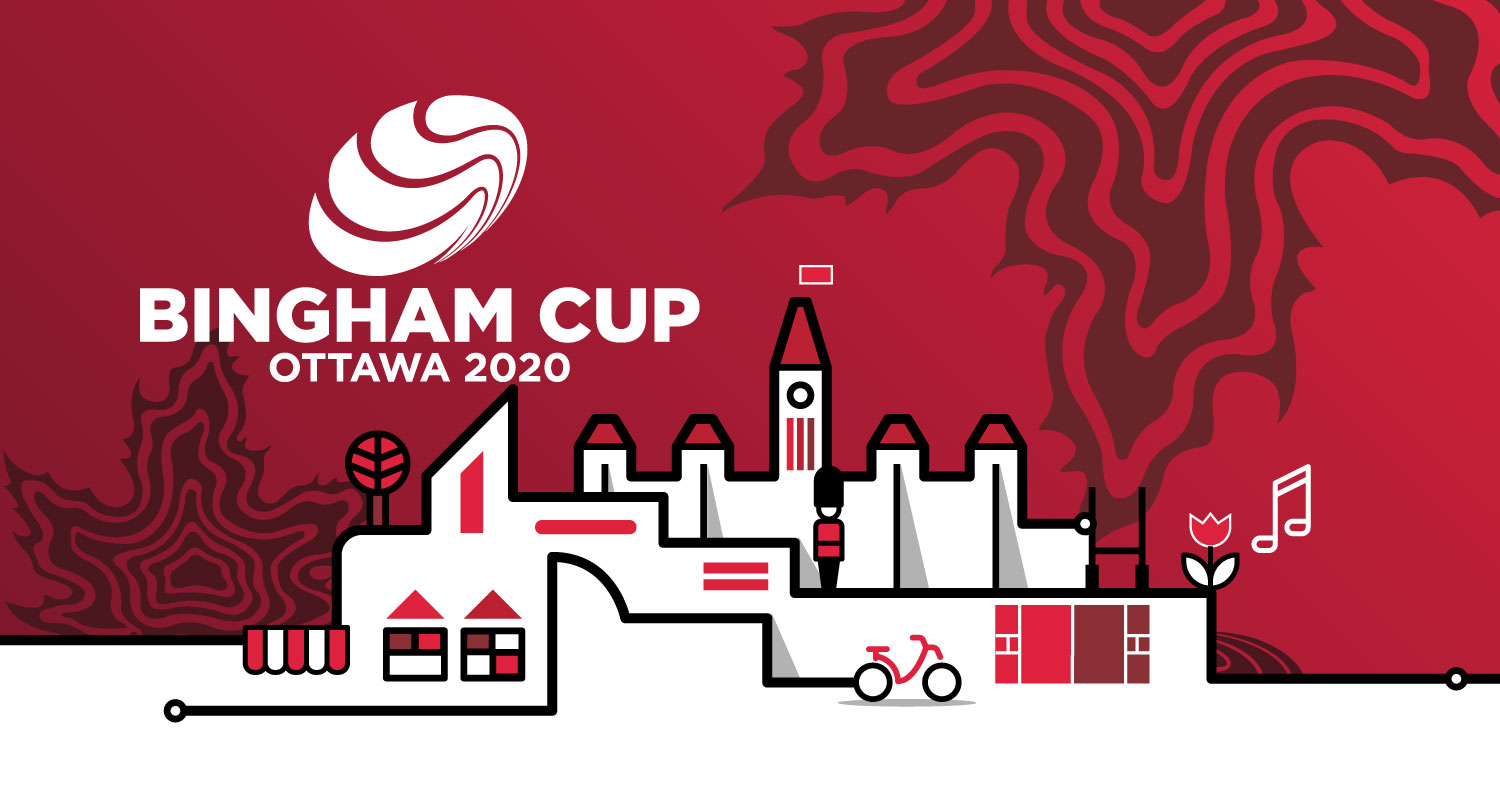Bingham Cup History
The Mark Kendall Bingham Memorial Tournament, or Bingham Cup as it is more widely known, is the biennial world championships of gay and inclusive rugby.
The tournament was first held in 2002 in memory of 9/11 gay rugby hero Mark Bingham, one of the passengers who fought back against hijackers on board United flight 93. While Mark and all on the flight tragically lost their lives when the plane crashed near Shanksville, Pennsylvania, it is widely recognised that through the actions of those brave individuals on board, the plane did not continue on to its intended target.
As a gay man and regular rugby player, Mark played for San Francisco Fog as well as helping to set up Gotham Knights in New York City. The Bingham Cup is held in honour of Mark’s memory and challenges stereotypes and perceptions of the LGBT+ community. Mark’s legacy sees rugby players, supporters and staff from around the world coming together every two years in a celebration of equality, inclusivity and sportsmanship.
From its modest debut in 2002, the 2018 edition of the Bingham Cup in Amsterdam gathered 74 teams from 20 countries. The Bingham Cup has become the largest amateur rugby union tournaments in the world.
Administered by International Gay Rugby (IGR), the Bingham Cup hosting duties are awarded through a bidding process among the members of IGR. Nine cities have hosted the Bingham Cup since inception:
- 2002: San Francisco, CA, USA
- 2004: London, United Kingdom
- 2006: New York City, NY, USA
- 2008: Dublin, Ireland
- 2010: Minneapolis, MN, USA
- 2012: Manchester, United Kingdom
- 2014: Sydney, Australia
- 2016: Nashville, TN, USA
- 2018: Amsterdam, Netherlands
Bingham Cup 2020 will be celebrating its 10th edition and is expected to be one of the largest 15-a-side rugby tournaments in the world.
The Hosts! – Ottawa Wolves RFC
The Ottawa Wolves form a Rugby Football Club for men and women in Canada’s National Capital Region. The Club was founded by, among others, Carl Pilon and Jay Smidt in 2008 with the mission to promote and encourage participation in rugby among those who have traditionally been under-represented in the game. The team members are predominantly part of the LGBTQ+ community, but diverse in its make-up, and inclusive of everyone.
The club fielded its first side in the Eastern Ontario Rugby Union(EORU) Men’s Division II in 2009. That same year, the Wolves became a member of the International Gay Rugby.
The Wolves expanded in 2013 with the introduction of a women’s side. Out of the three IGR clubs in Canada, the Wolves are the only Canadian club to have an established women’s side. The Wolves are also very proud to have the first female president amongst all of the IGR clubs in the world. The Wolves women’s side competes in the Ligue provinciale de rugby (Québec).
The club traveled internationally in 2010, 2012, 2014, 2016 and 2018 to take part in the Bingham Cup. During the very first tournament, in Minneapolis, the Wolves competed in the Bingham Spoon division but ultimately lost in the final. Two years later, the Wolves claimed the Hoagland Tribute Cup Consolation Prize at Bingham Cup VI in Manchester England. In 2014, the team traveled across the entire world to Sydney Australia to reach the finals of the Hoagland Cup, and in 2016 claimed the Hoagland Jug with a victory over the Madison Minotaurs in Nashville. In June 2018, the Wolves men’s and women’s sides travelled to the Netherlands where they competed for the Challenger Cup and the newly introduced Amanda Cup.
International Gay Rugby (IGR)
International Gay Rugby (IGR) was formed in 2000 when rugby teams from across the world came together because they wanted to form an organization that promoted rugby as an all-inclusive non-discriminatory sport which everyone can play, regardless of sexuality. Formally known as the International Gay Rugby Association and Board (IGRAB), the formation of the IGR lead to the start of the Bingham Cup in 2002, which was originally known as the Mark Kendall Bingham Memorial Tournament.
The goal of the IGR is to promote equality and diversity in rugby. Specifically, it strives to eliminate discrimination on the grounds of sexual orientation and to provide opportunities for members of the LGBTQ+ community to compete in rugby. The IGR wants to improve tolerance and acceptance of LGBTQ+ athletes at all levels of the sport of rugby and ensuring that no individual shall be excluded from participating in rugby on the basis of sexual orientation or identification. Since 2002, the IGR has experienced incredible growth. As of November 2019, IGR is made up of 6,600+ members, 4,900+ players, 83 clubs, 148 teams spread over 20 countries.
Teams currently part of IGR: https://igrugby.org/members.htm

